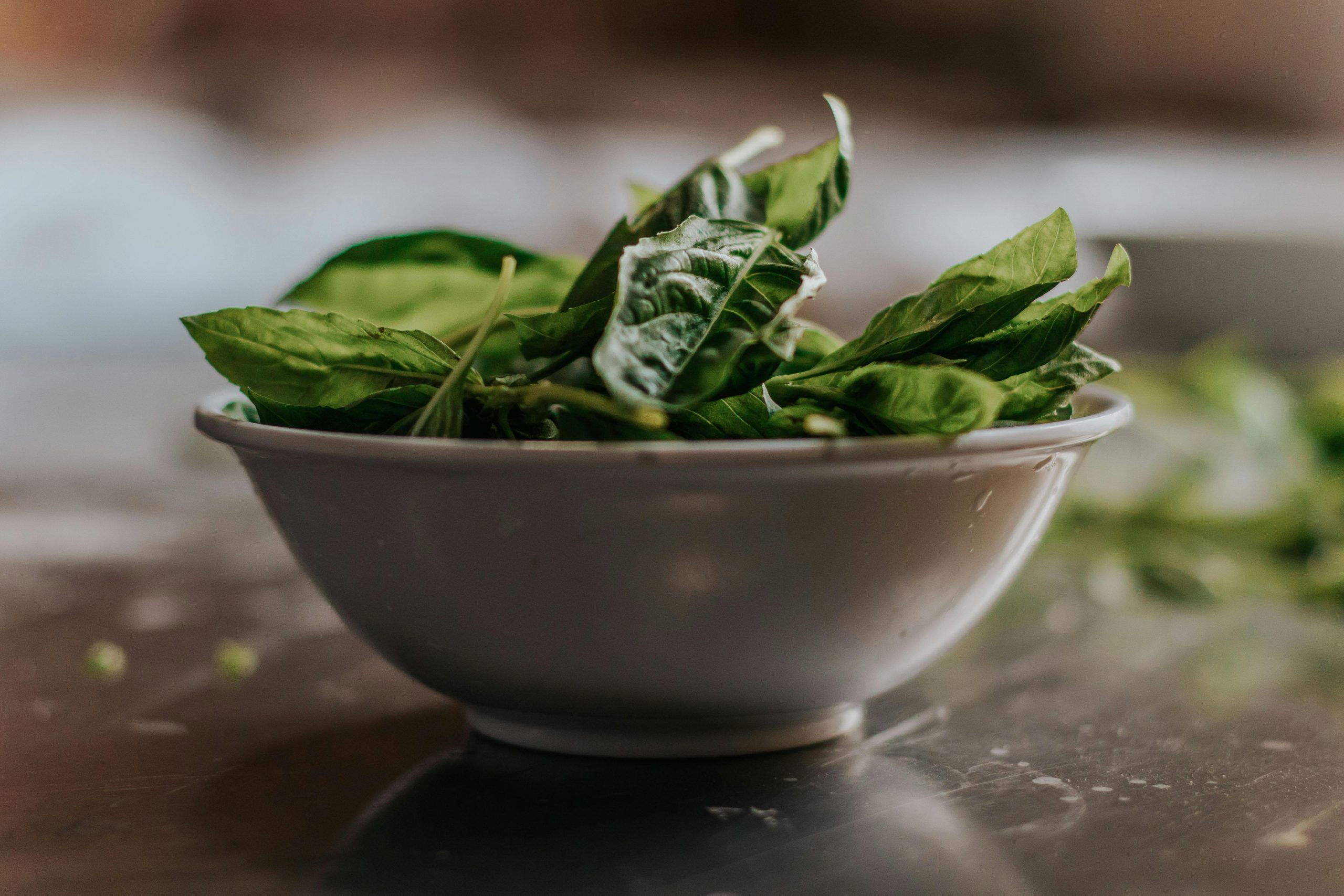We trust our favorite grocery chains to ensure the safety and quality of their store-brand products. However, most retailers are not manufacturers. They outsource the production of their private-label items to a complex and often anonymous network of third-party suppliers, many of which are located overseas. This reliance on outsourcing can create significant risks, as a problem at an unknown supplier’s factory can result in a dangerous product being sold under the store’s trusted brand name.

Image Source: pexels.com
1. Wegmans (Frozen Spinach)
The beloved grocery chain Wegmans had to recall its store-brand frozen chopped spinach due to a potential Listeria contamination. The recall notice specified that the product was sourced from a third-party supplier in Spain. This incident demonstrated that even a retailer renowned for its high standards is susceptible to food safety issues originating thousands of miles away in a supplier’s facility.
2. Trader Joe’s (Cilantro and Chicken Salad)
Trader Joe’s has faced several recalls linked to its suppliers. The store had to recall its cilantro after it was traced back to a supplier in Puebla, Mexico, that the FDA had flagged for unsanitary conditions. In another incident, a recall of its chicken salad was initiated because the onions used in the recipe, which came from an external supplier, were potentially contaminated with E. coli.
3. Walmart (Pet Food)
Walmart’s Great Value brand, along with many other major pet food brands, was involved in the massive melamine pet food recall years ago. The crisis originated with a single supplier in China that had intentionally added the industrial chemical to wheat gluten to artificially boost its protein content readings. This led to the deaths of thousands of pets and exposed the dangers of a poorly regulated international supply chain.
4. Costco (Organic Strawberries)
Costco had to recall its Kirkland Signature organic strawberries after they were linked to a Hepatitis A outbreak. The investigation traced the source of the contamination back to a specific farm in Baja California, Mexico, that was acting as a supplier for several different brands. This showed how a problem at a single farm can have a widespread impact on multiple retailers at once.
5. ALDI (Applesauce Pouches)
ALDI was one of several retailers affected by the widespread recall of applesauce pouches due to lead contamination in late 2023. The problem was traced back to the cinnamon used in the recipe, which was sourced from a processor in Ecuador. The incident highlighted the immense challenge of monitoring every single ingredient in a global supply chain for potential contaminants.
6. Lidl (Canned Sardines)

Image Source: pexels.com
The discount grocery chain Lidl recalled its store-brand canned sardines after it was discovered that the products had not been properly processed by the manufacturer. This failure at the third-party cannery created a risk of botulism, a rare but potentially fatal illness. The recall was a clear example of a supplier failing to meet basic food safety standards.
7. Target (Market Pantry Pasta)
Target recalled its Market Pantry brand pasta after its supplier, a major pasta producer, issued a recall for potential contamination with small metal fragments. The problem originated from a piece of faulty equipment at the manufacturing plant. This forced Target and other retailers that used the same supplier to pull the products from their shelves.
8. Whole Foods (Various Cheeses)
Whole Foods has had to recall various store-brand cheese products due to the risk of Listeria contamination. These recalls track back to the specific dairy or aging facility that supplies the cheese to the retailer. A single contamination event at the cheesemaker impacts an entire batch of product that goes to stores across the country.
9. Kroger (Frozen Berries)
Similar to the Costco recall, Kroger has also had to recall its private-label frozen berries. This is due to the risk of Hepatitis A contamination. The problem is linked to the farm that supplies the berries. This recurring issue with imported frozen fruits has revealed a major vulnerability in the global food supply chain.
The Name on the Package Isn’t the Whole Story
When a store puts its name on a package, it is putting its reputation on the line. However, the quality and safety of that product are often in the hands of a supplier that the customer has never heard of. These recalls are a powerful reminder that the supply chain is long and complex, and that a problem at any single link in that chain can have serious consequences for the trusted brand on the shelf.
How much does a brand’s country of origin or supplier influence your decision to buy a product? Does this information make you more cautious about store brands? Let us know!
Read More
7 Surprising Items Cheaper at Office Supply Stores Than Supermarkets
